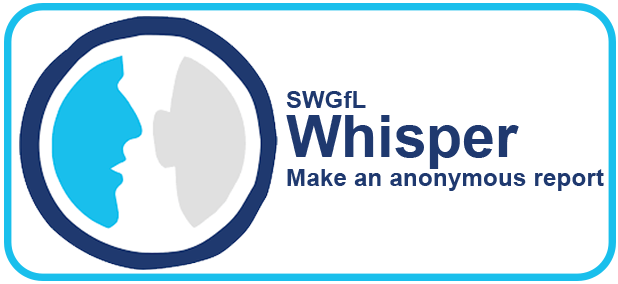History
Department Intent
Change, Continuity, Context
| Knowledge in History | In the History department at Lea Manor High School, we aim to teach pupils about a wide range of historical events while making connections and comparisons to the world they currently live in and their own place within it. Pupils should complete the course having gained historical perspective by relating their knowledge to both different periods of time and local, national and international history. These separate topics will then combine to create a larger contextual picture, which will give pupils a rich and broad understanding of the past. |
| Curriculum in History |
The History curriculum is designed to create life long, conscientious learners who have explored the past through various perspectives. This enables all pupils to become reflective as they have the opportunity to consider historical events from a side that they may not have focused on before. They will do this through source and interpretation analysis and will be able to make their own judgements. Pupils will be able to develop other skills, for example, critical thinking, communication and team work allowing them to become responsible and respectful learners both inside and outside of the classroom.
By the end of Key Stage 3 pupils will have covered topics under the themes of Changes in Power, Freedom and Protest, and Conflict and Co-operation. They will have practiced skills needed to master the history curriculum and will have started to build a contextual picture of the world.
By the end of Key Stage 4 pupils will have completed their study of the Edexcel specification and will be able to recall key information about a wide variety of topics, explain why and how developments were made and give clear evidence in their judgements.
Overall, at the end of the course, the pupils will have gained the skills to question and critically analyse the world around them. |
| Teaching and Learning in History |
Each unit covered in the History curriculum will provide opportunities for independent work, pair work and group work. All of these are used to build different skills such as debating and making judgements. A focus in history is developing the pupils’ vocabulary by making explicit reference to key words and subject specific terminology which is needed from the start of KS3. Lessons are broken down into clearly defined events and topics, which allows pupils to see the chronological journey of the content. This also gives opportunities for retrieval to draw on prior knowledge so that pupils can make connections between each lesson and the topic as a whole. We plan activities to ensure pupils are developing both their linguistic and writing skills, for example practicing extended writing tasks where they are required to explain and analyse the impact of their points. |
| Assessment in History | Throughout the course pupils will be given opportunities for different types of assessment. In their lessons pupils will regularly have mini low stakes assessments in the form of knowledge tests, extended writing, True and False quizzes and regular questioning. Key Stage 4 pupils will also be assessed at a minimum of once a half term on their extended writing ability and source analysis through in class exam practice. Annual end of year exams will also be used alongside to monitor the progress of the pupils over time. |
| Learning Beyond the Classroom in History |
The purpose of the History curriculum is to encourage pupils to think critically about the world around them and apply their learning to their own context which is done by establishing cross-curricular links with subjects such as English, Drama, Religious Education and Science to help form connections. The aim in History is to be able to provide opportunities for on and off-site experiences related to the content they are studying. |
Curriculum Journey
| Autumn 1 | Autumn 2 | Spring 1 | Spring 2 | Summer 1 | Summer 2 | |
| 7 | Invasion, Migration and Settlement | The Norman Conquest | Medieval England | Tudor England | Elizabethan England | The Stuarts |
| 8 | The British Empire | Slavery | Civil Rights | Civil Rights | Women’s Rights | Crime and Punishment |
| 9 | World War One | Main events of World War Two | Social Impact of World War Two | Luton: A Historical Case Study | Nazi Germany | 20th Century Conflict |
| 10 | Civil Rights in the USA | The Vietnam War | The Development of the Cold War | The Ending of the Cold War | Medicine on the Western Front | Getting Year 11 Ready |
| 11 | Early Elizabethan England | Early Elizabethan England | Medieval and Renaissance Medicine | 19th and 20th Century Medicine | Recap and Revision | Year 11 Exam Season |
Curriculum Overview
- 1 Year 7 History Curriculum Overview
- 2 Year 8 History Curriculum Overview
- 3 Year 9 History Curriculum Overview
- 4 Year 10 History Curriculum Overview
- 5 Year 11 History Curriculum Overview


